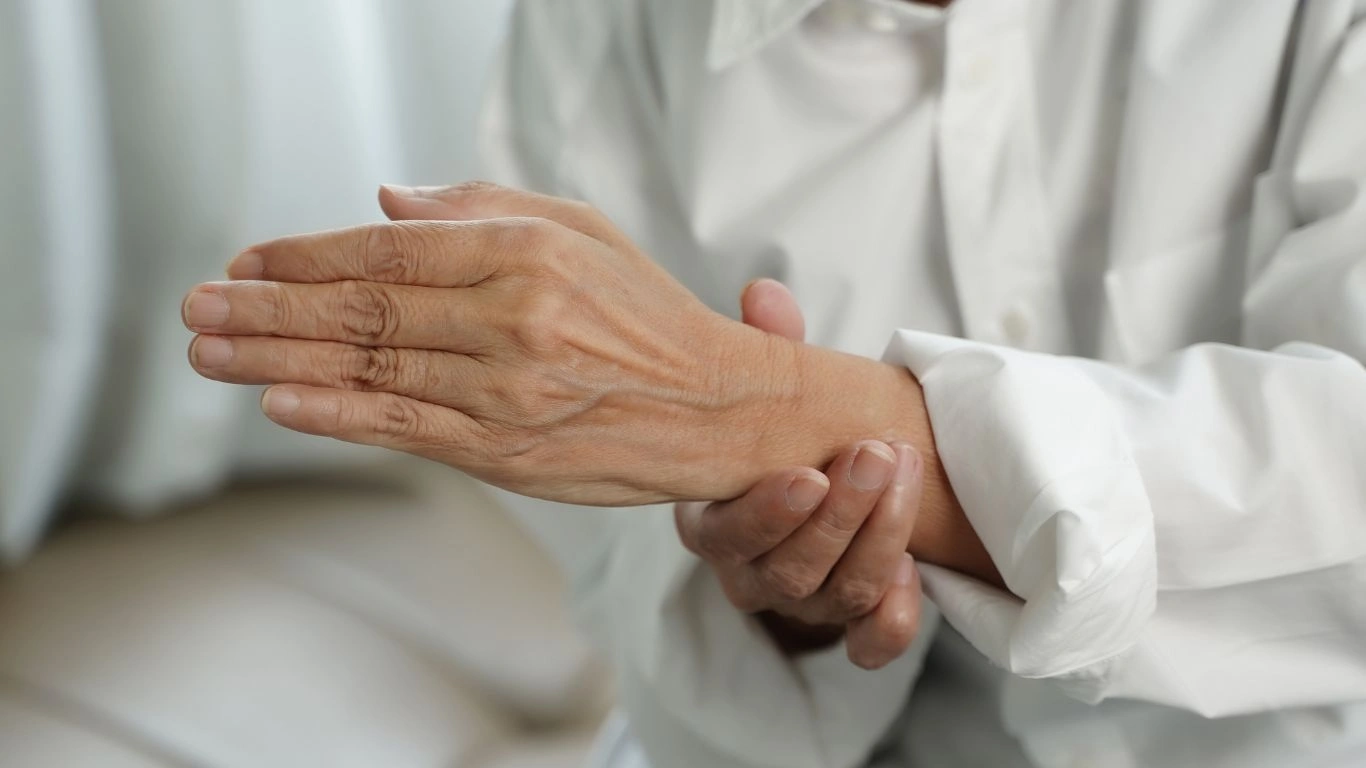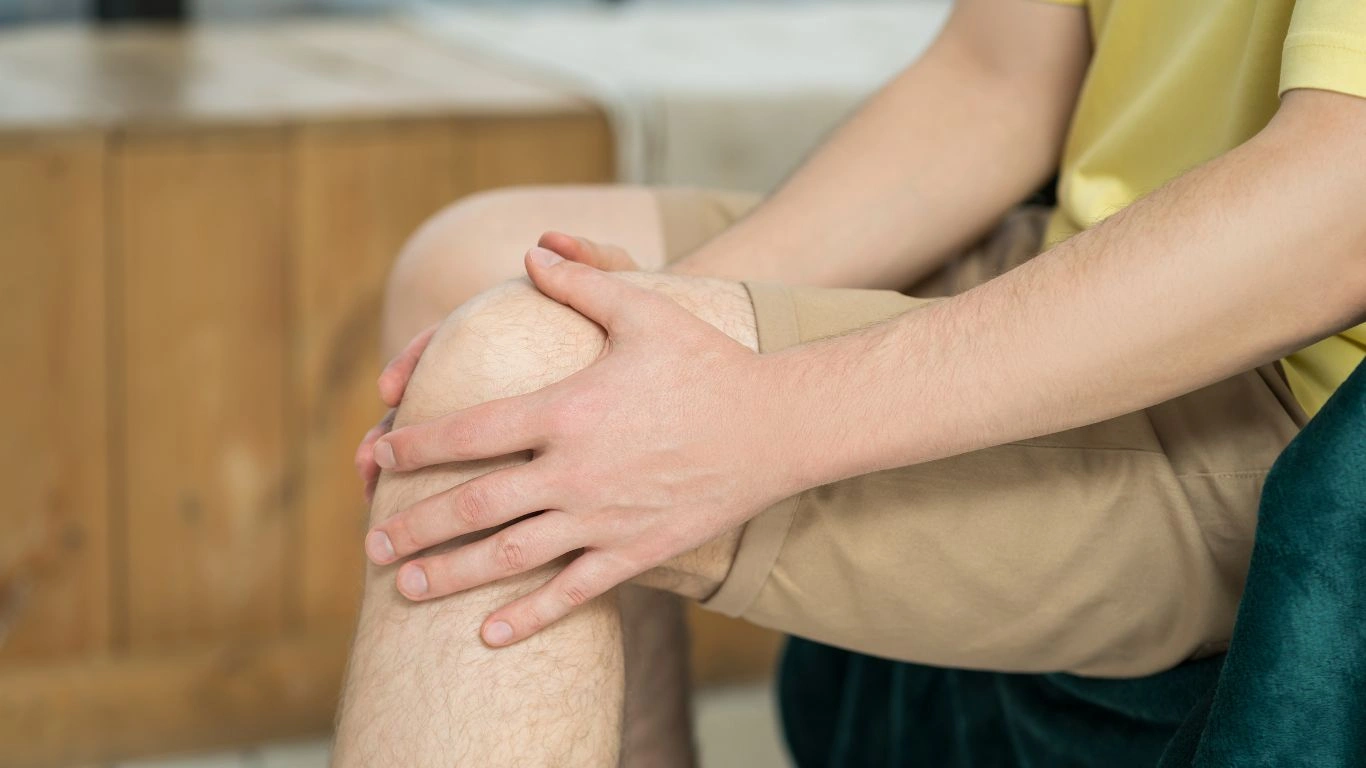Coping Strategies for Rheumatoid Arthritis Flare-Ups
Dealing with a rheumatoid arthritis (RA) flare-up? Yeah, it’s rough, but you’re not alone. Let’s talk about some practical, real-world strategies to help you cope and take back some control over your day.
What Is an RA Flare-Up?

An RA flare-up is when your symptoms suddenly get worse. It can last for a day or even weeks (ugh, right?). Common culprits include stress, overexertion, illness, or even changes in the weather. Think of it as your body’s way of saying, “Hey, slow down and take care of me.”
Quick Relief Tips During a Flare-Up
1. Rest, But Not Too Much
When you’re in pain, all you want to do is curl up and stay in bed. Rest is important, but too much can make things worse. Try to find a balance—take breaks, but move gently to keep your joints from stiffening up.
2. Use Heat and Cold Therapy

This is a lifesaver. Heat pads or warm baths can ease stiffness, while cold packs help reduce swelling and pain. Alternate between the two if you’re feeling adventurous!
3. Medications Are Your Friends
If your doctor has prescribed medications like NSAIDs or steroids, don’t hesitate to use them during flares. They’re there to help. Just make sure you’re taking them as directed—no skipping or doubling up.
Long-Term Strategies to Prevent Flares
4. Stick to Your Treatment Plan
It’s tempting to slack off when you’re feeling good, but consistency is key. Whether it’s medication, physical therapy, or lifestyle changes, sticking to the plan can help keep flares at bay.
5. Manage Stress Like a Pro

Stress is a major trigger for RA flares, so finding ways to chill is crucial. Meditation, yoga, or even just taking a walk can work wonders. Personally, I love journaling—it’s like a therapy session with yourself.
6. Anti-Inflammatory Diet
Food can be your best ally or your worst enemy. Load up on omega-3s (hello, salmon!), fruits, veggies, and whole grains. Say goodbye (or at least “see you later”) to processed junk and sugary treats.
Lifestyle Changes That Make a Difference
7. Gentle Exercise

I get it—exercise during a flare sounds impossible. But gentle movement, like stretching or water aerobics, can actually help. Bonus: it boosts your mood too.
8. Adaptive Tools and Tech
Invest in tools that make life easier, like jar openers, easy-grip utensils, or voice-activated devices. They’re total game-changers for those days when your hands just won’t cooperate.
9. Sleep Like a Baby
Easier said than done, I know. But good sleep is non-negotiable for managing RA. Create a bedtime routine, keep your room cool and dark, and maybe even try some calming tea.
When to Call Your Doctor
Sometimes, flares need more than at-home remedies. If your symptoms are out of control, you’re experiencing fever, or you notice new symptoms, it’s time to check in with your doctor. Better safe than sorry, right?
FAQs
- What triggers rheumatoid arthritis flare-ups? Triggers can include stress, lack of sleep, overexertion, infections, or even weather changes. Everyone’s triggers are a bit different, so keeping a symptom journal can help identify yours.
- Can I exercise during a flare-up? Yes, but keep it gentle! Think stretches, yoga, or a slow walk. Avoid anything high-impact that might stress your joints further.
- What’s the best diet for managing RA flares? Focus on anti-inflammatory foods like leafy greens, fatty fish, nuts, and whole grains. Avoid processed foods, red meat, and sugar.
- How long do RA flares last? Flares can last anywhere from a day to several weeks. If it’s dragging on or getting worse, consult your doctor.
- Are flares a sign that my treatment isn’t working? Not necessarily, but frequent or severe flares might mean it’s time to adjust your treatment plan. Always discuss this with your doctor.
References
- Arthritis Foundation. (2023). Managing Rheumatoid Arthritis: Tips for Coping with Flares. arthritis.org
- National Institute of Arthritis and Musculoskeletal and Skin Diseases (NIAMS). (2024). Rheumatoid Arthritis Overview. niams.nih.gov
- Mayo Clinic. (2023). Rheumatoid Arthritis Symptoms and Causes. mayoclinic.org
- Smith, J., & Lee, T. (2022). The Role of Stress Management in Rheumatoid Arthritis. Journal of Autoimmune Diseases, 45(3), 123-130.
Disclaimer
The information provided in this article is for informational purposes only and not a substitute for professional medical advice. Always consult your healthcare provider for personalized guidance and treatment options.

Tarra Nugroho is a dedicated Nurse Practitioner with a strong foundation in family and preventive care. She brings both compassion and clinical expertise to her practice, focusing on patient-centered care and health education. As a contributor to Healthusias.com, Tarra translates medical knowledge into clear, empowering articles on topics like women’s health, chronic disease management, and lifestyle medicine. Her mission is simple: help people feel seen, heard, and informed—both in the clinic and through the content she creates. When she’s not caring for patients, Tarra enjoys weekend hikes, plant-based cooking, and curling up with a good health podcast.







